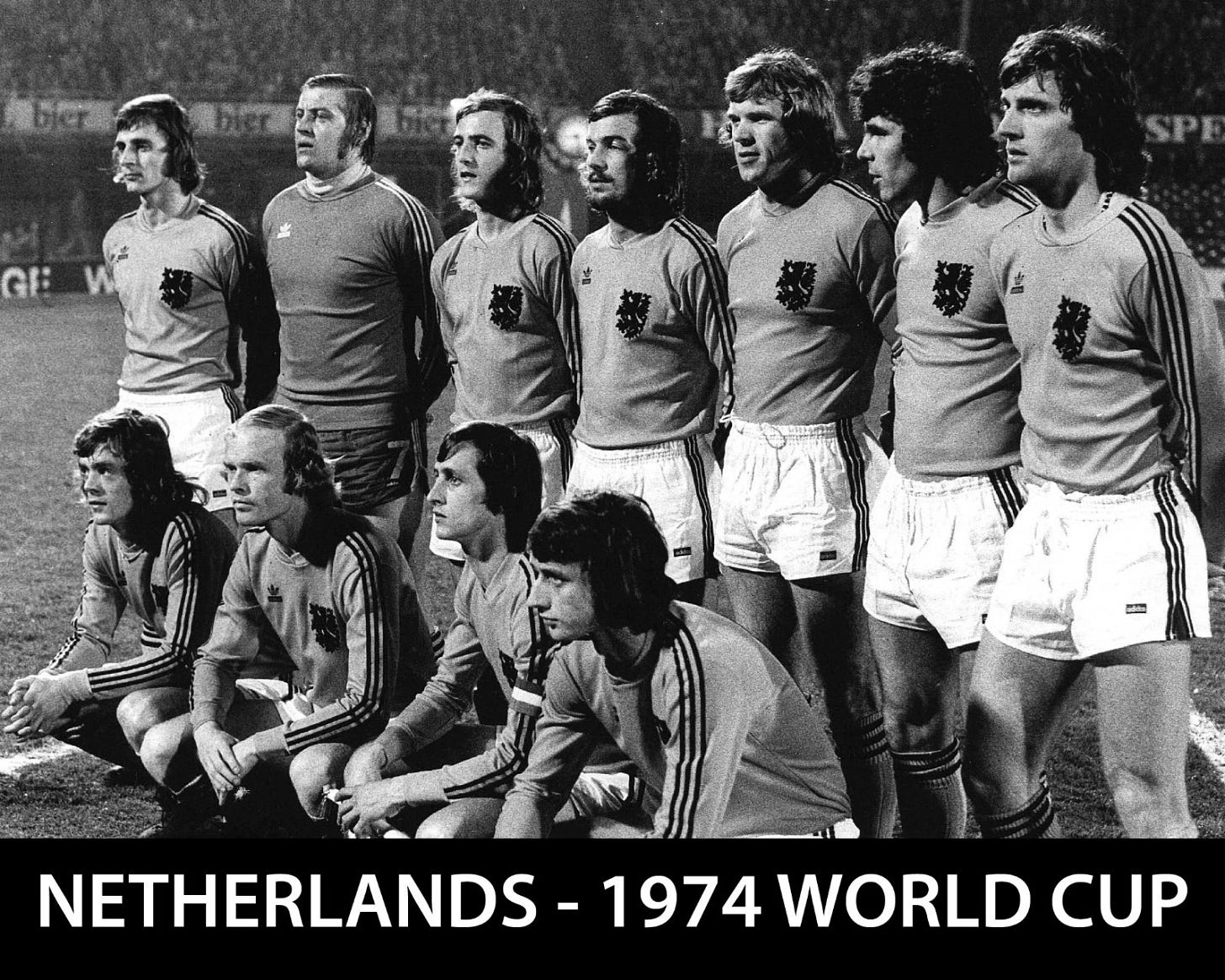Do good looking people live longer?
What about equally healthy young people like sports teammates? Do the best-looking ones live longer?
Via Marginal Revolution, from Social Science & Medicine
Looks and Longevity: Do Prettier People Live Longer?
Connor M. Sheehan, Daniel S. Hamermesh
Highlights
• Little is known about the association between facial attractiveness and longevity
• We analyze how attractiveness based on yearbook pictures is linked to longevity
• We find that the least attractive 1/6th had a significantly Higher Hazard of mortality
• The least attractive 1/6th of women lived almost 2 years less than others at 20.
• The least attractive 1/6th of men lived almost 1 years less than others at 20.
Abstract
Social scientists have given relatively scant attention to the association between attractiveness and longevity. But attractiveness may convey underlying health, and it systematically structures critical social stratification processes. We evaluated these issues using the Wisconsin Longitudinal Study (WLS, N=8,386), a survey of Wisconsin high school graduates from 1957 which provided large samples of women and men observed until their death (or through their early 80s). In doing so, we utilized a meticulously constructed measure of facial attractiveness based on the independent ratings of high-school yearbook photographs. ,,,
We found that the least attractive rated sextile [bottom 1/6th] of the sample had significantly higher hazards of mortality (HR: 1.168, p <0.01) compared to the middle rated four sextiles of attractiveness. This finding remained robust to the inclusion of covariates describing high-school achievement, intelligence, family background, earnings as adults, as well as mental and physical health in middle adulthood. We also found that different specifications of the attractiveness measure consistently indicated no significant differences in the mortality hazard between highly attractive and average-looking people. Using life-table techniques, we next illustrated that among women in the least attractive sextile, at age 20 their life expectancy was nearly 2 years less than others’; among men in the least attractive sextile, it was nearly 1 year less at age 20.
In other words, the funniest-looking one-sixth of the Wisconsin high school Class of ‘57 die a year or two younger than the other five-sixths. There could be all sorts of reasons for this: genetic flaws that manifest both in the face and in health, early ill health, less desirable spouses with bad habits like domestic violence, less desirable parents with bad habits, etc.
The overall life expectancy gap was probably even a little greater because kids who had dropped out of school before getting their Yearbook picture taken likely had worse prospects in life.
It would be interesting to flip this around and look at a group of highly healthy people such as professional athletes. For example, it shouldn’t be hard to obtain the team photos of 20th Century World Cup national soccer teams and how many are still alive. Then a psychology professor could have students (most psych majors are coeds who would probably enjoy and work hard on this task) rank each player on how good looking he is relative to his teammates that year (so that national and temporal differences in hair style don’t affect the results).
For example, here is the most famous team not to win the World Cup, Johan Cruyff’s 1974 Total Football Dutch team



I don't know if being more attractive makes you live longer, but I can state with certainty that living longer doesn't make you more attractive.
The Dutch look rather like the English, so if you told me the guy in the lower row on the far right, to Cruyff's left, was Pete Townshend of the Who who compose "Won't Get Fooled Again," I'd say, Oh, wow, yeah, that's obvious now that you point it out.